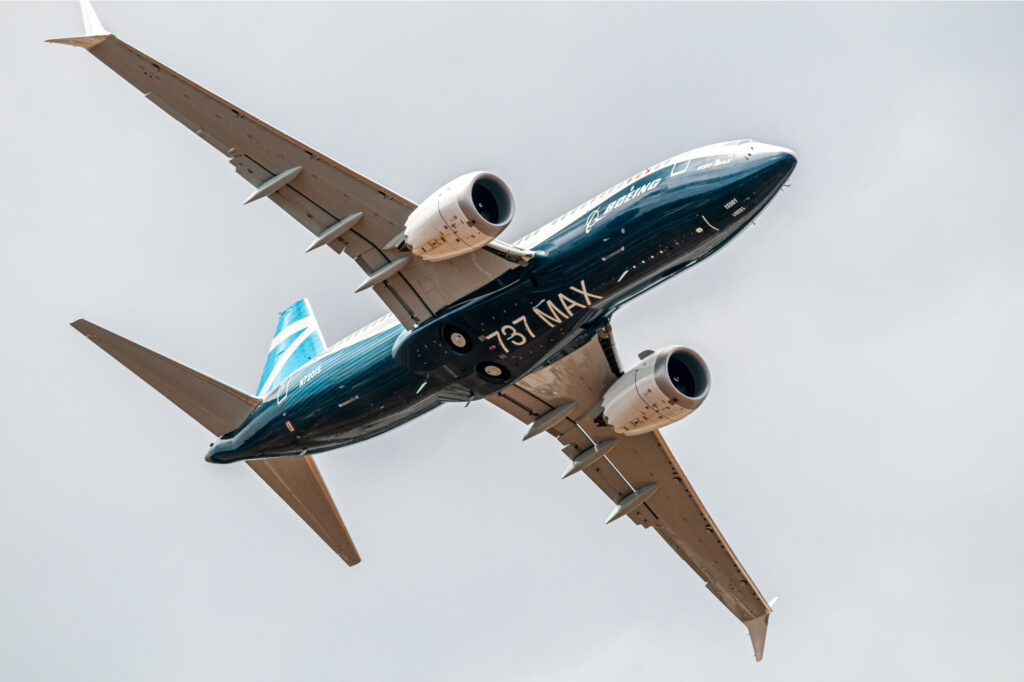Boeing shareholders may sue the company over the two 737 MAX crashes that killed 346 people in 2018 and 2019.
A judge in Delaware ruled that investors could file a lawsuit over Boeing’s oversight of the 737 MAX, saying the board had failed to monitor the safety and airworthiness of Boeing aircraft.
“The primary victims of the crashes are, of course, the deceased, their families, and their loved ones,” Morgan Zurn wrote in a 103-page opinion published on September 7, 2021.
“While it may seem callous in the face of their losses, corporate law recognizes another set of victims: Boeing as an enterprise, and its stockholders.”
The two crashes, which led to the 737 MAX being grounded for 20 months, caused the company and its investors to lose billions of dollars in value. Shareholders approached the court claiming that Boeing directors and officers failed in their oversight of airplane safety and thus in protecting the company’s value.
Investigators have concluded the crashes were caused by a software system known as MCAS, which pushes the plane’s nose down to counter a pitch-up motion linked to its bigger engines. The system, which was new for the MAX variant of the jet, was not mentioned in flight training manuals made available to airlines and pilots.
Zurn allowed the oversight claim against the board but dismissed another claim over the retirement and compensation package for Dennis Muilenburg, who was chief executive at the time of the crashes.
The ruling notes that safety was never discussed at board level and concerns from engineers about safety never made it to the top of the company.
“Boeing did not implement or prioritize safety oversight at the highest level of the corporate pyramid,” Zurn writes in his opinion. “None of Boeing’s Board committees were specifically tasked with overseeing airplane safety, and every committee charter was silent as to airplane safety.”
Even after the crash of Lion Air Flight JT610 on October 29, 2018, which killed 189 passengers and crew minutes after take off from Jakarta, the focus of board meetings in December 2018 in relation to the 737 MAX and the crash was on restoring profitability and efficiency, the judge writes.
“The Lion Air Crash was a red flag about MCAS that the Board should have heeded but instead ignored,” the ruling states.
Ethiopian Airlines Flight ET302 crashed on March 10, 2019, shortly after take-off, killing all 157 passengers and crew.
“We are disappointed in the court’s decision to allow the plaintiffs’ case to proceed past this preliminary stage of litigation,” the BBC cited a Boeing spokesperson as saying.
“We will review the opinion closely over the coming days as we consider next steps.”
Boeing estimated in 2020 that it had incurred non-litigation costs of $20 billion, and litigation-related costs in excess of $2.5 billion relating to the crashes

